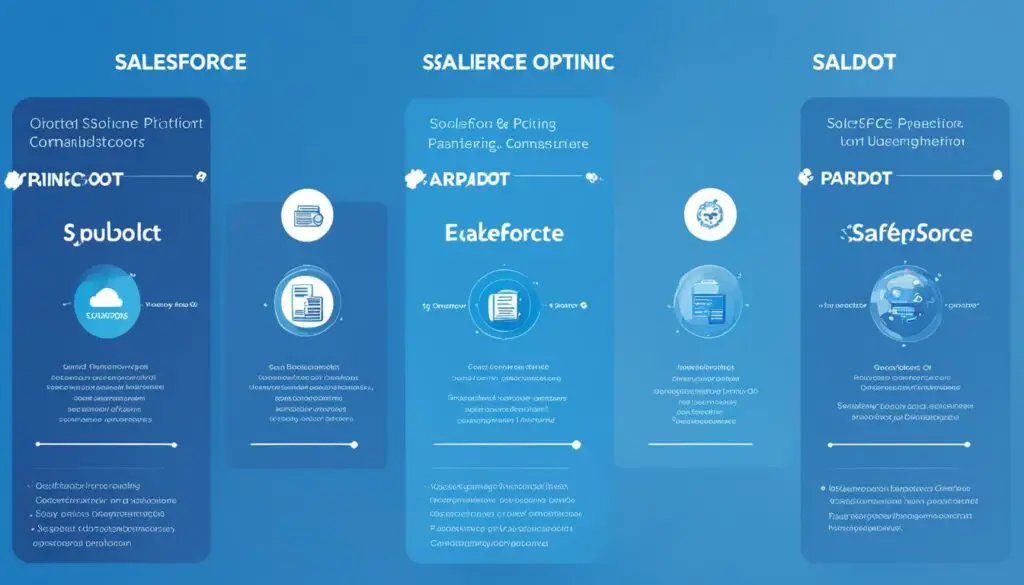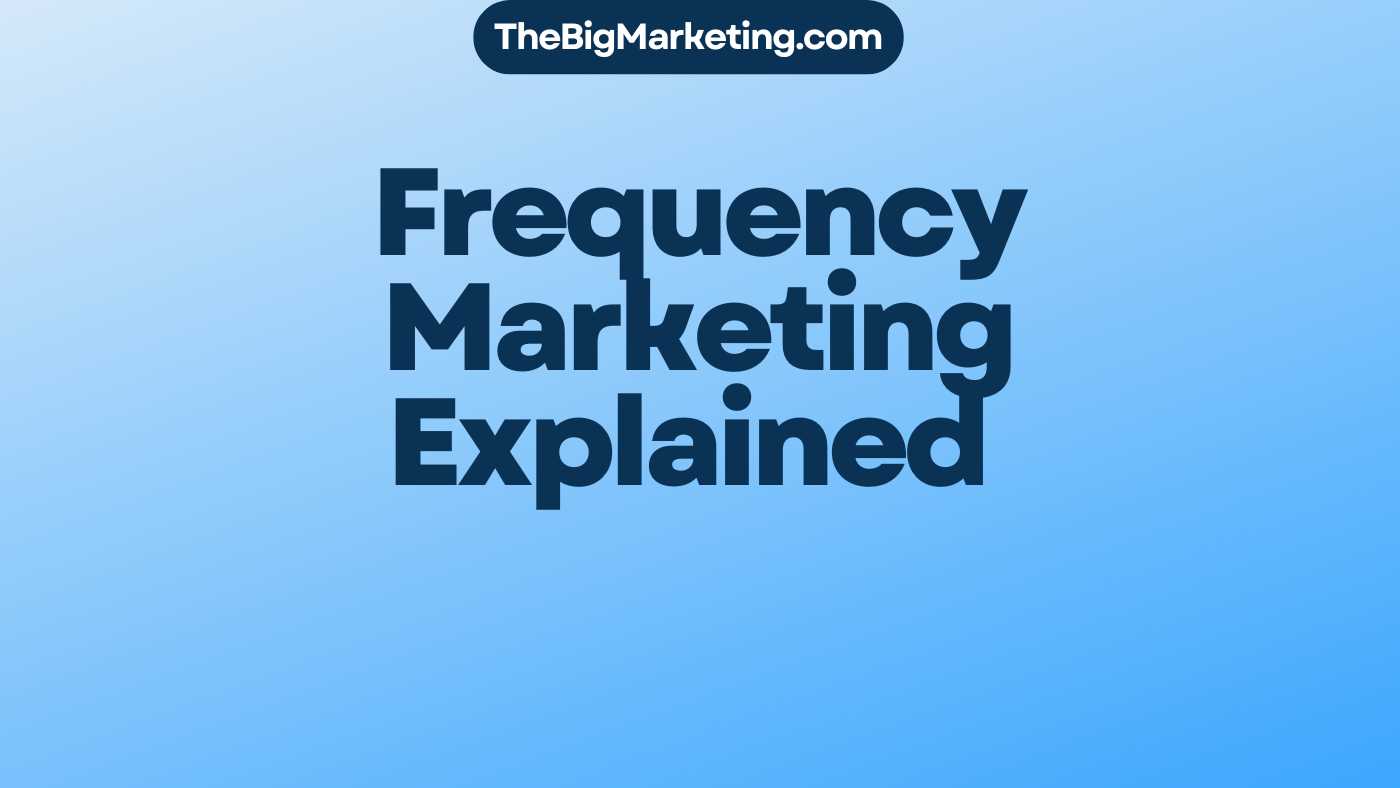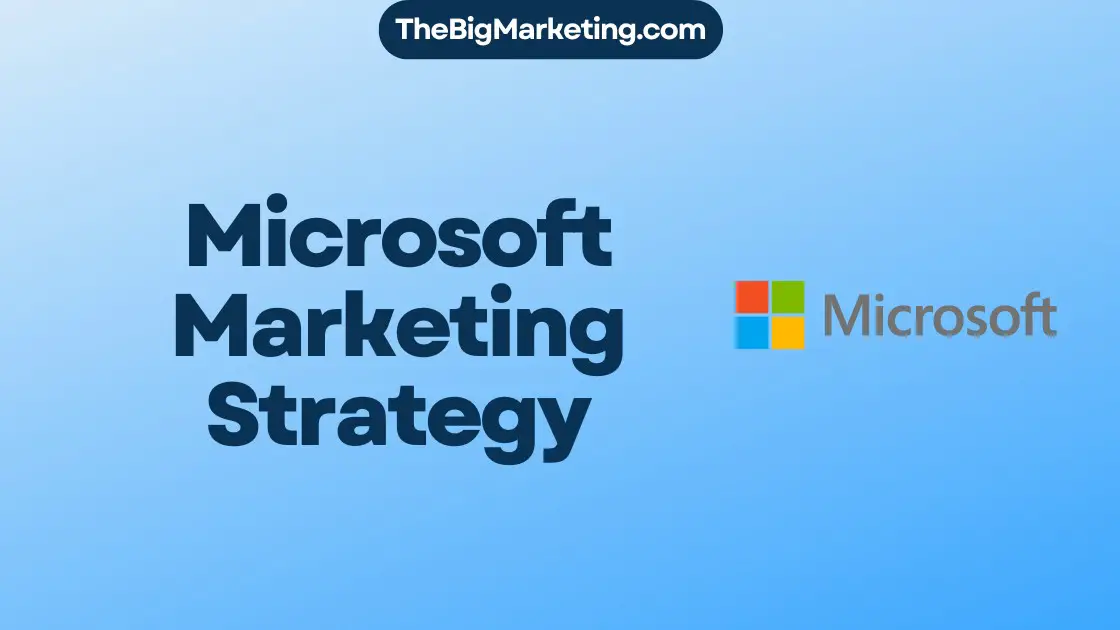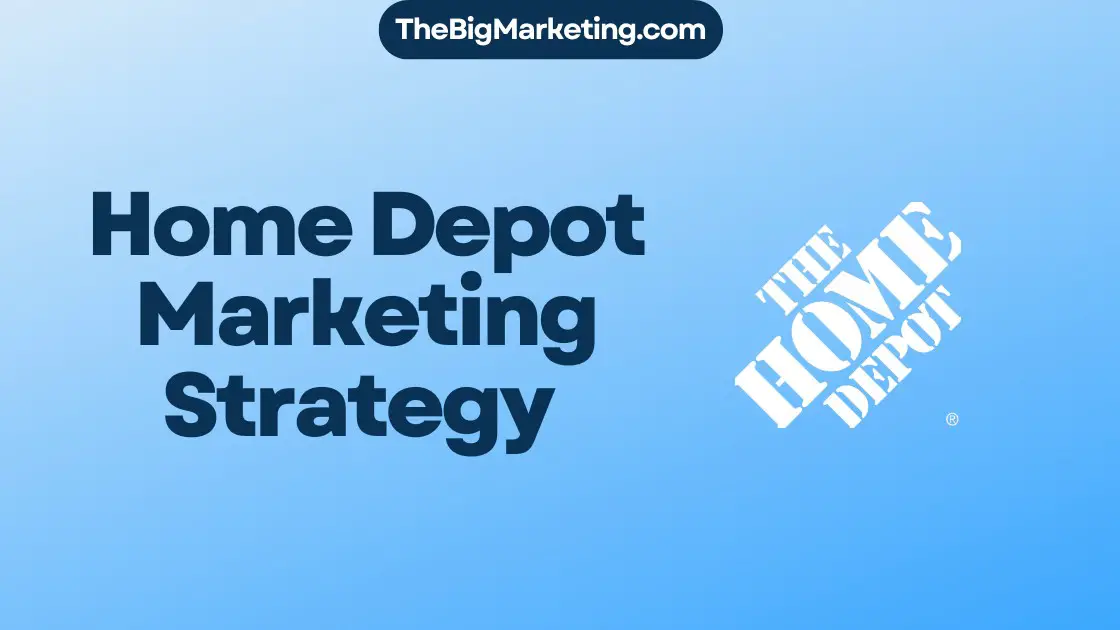When it comes to marketing automation on the Salesforce platform, two options stand out: Pardot and Marketing Cloud. These tools offer powerful capabilities for businesses looking to streamline their marketing efforts and drive results. In this comprehensive guide, we will dive deep into the key differences between Salesforce Pardot and Marketing Cloud, exploring their features, benefits, integration options, pricing, and more. By the end, you’ll have a clear understanding of which platform is the right fit for your marketing automation strategy.
Key Takeaways:
- Salesforce Pardot and Marketing Cloud are two marketing automation tools offered by Salesforce.
- Pardot is designed for B2B marketing, focusing on lead generation and nurturing for long sales cycles.
- Marketing Cloud is suitable for B2C businesses, offering multi-channel marketing capabilities and personalized customer experiences.
- Pardot excels in managing long sales cycles and account-based marketing, while Marketing Cloud provides advanced features for real-time messaging, cross-channel marketing, and e-commerce.
- Consider your organization’s marketing objectives, technical skills, integration requirements, and budget when choosing between Pardot and Marketing Cloud.
Understanding Pardot and Marketing Cloud
Pardot and Marketing Cloud are two marketing automation platforms offered by Salesforce, catering to different types of businesses and marketing strategies. While both platforms integrate seamlessly with Salesforce CRM, they serve distinct purposes and target specific audiences.
Pardot: Lead Generation and Nurturing for B2B Marketing
Pardot is specifically designed for B2B marketing efforts, focusing on lead generation and nurturing for long sales cycles. It offers a range of features that help businesses generate and nurture leads effectively. With Pardot, B2B marketers can:
- Create targeted campaigns to capture and qualify leads
- Implement lead scoring to prioritize leads based on their engagement and fit
- Automate email nurture campaigns to build relationships with potential customers
- Execute content marketing strategies to educate prospects and highlight industry expertise
- Utilize webinar marketing to host virtual events and engage with potential buyers
- Implement account-based marketing tactics to target specific businesses and decision-makers
Pardot is designed to seamlessly integrate with Salesforce CRM, allowing marketing and sales teams to collaborate effectively and share valuable customer and prospect data.
Marketing Cloud: Multi-channel Customer Engagement for B2C Businesses
Marketing Cloud, on the other hand, is suitable for B2C businesses and provides a comprehensive suite of tools for multi-channel customer engagement. It enables marketers to create personalized customer journeys and deliver seamless experiences across various channels. With Marketing Cloud, B2C marketers can:
- Deliver real-time messaging across multiple channels, including email, SMS, and push notifications
- Execute cross-channel marketing campaigns to engage customers on different platforms
- Implement mobile marketing strategies to reach customers on their preferred mobile devices
- Drive social media engagement and leverage social platforms for brand awareness and customer interaction
- Optimize display advertising efforts to target specific audience segments effectively
- Enable e-commerce capabilities to drive sales and optimize the customer buying experience
Like Pardot, Marketing Cloud integrates seamlessly with Salesforce CRM, enabling a unified view of customer data and facilitating coordinated marketing and sales efforts.
| Features | Pardot | Marketing Cloud |
|---|---|---|
| Purpose | B2B lead generation and nurturing | B2C multi-channel customer engagement |
| Target Audience | B2B businesses | B2C businesses |
| Key Features |
|
|
| Integration with Salesforce CRM | Seamless integration | Seamless integration |
By understanding the unique strengths of Pardot and Marketing Cloud, you can choose the platform that best aligns with your business goals and marketing strategy. Whether you require lead generation and nurturing for B2B marketing or multi-channel customer engagement for B2C businesses, Salesforce provides powerful marketing automation solutions to support your marketing efforts.
Key Differences Between Pardot and Marketing Cloud
The main difference between Pardot and Marketing Cloud lies in their target audiences and functionalities. Pardot is specifically designed for B2B marketing, providing tools for lead generation, lead nurturing, and account-based marketing. It excels in managing long sales cycles and multiple decision-makers. On the other hand, Marketing Cloud is geared towards B2C marketing, offering features for multi-channel marketing, real-time messaging, social media engagement, and e-commerce. It is best suited for organizations with transactional purchases and a need for personalized customer experiences across various channels.
Key Differences Overview
Here is an overview of the key differences between Pardot and Marketing Cloud:
| Pardot | Marketing Cloud |
|---|---|
| Target Audience | Primarily B2B businesses |
| Lead Generation | Focus on lead generation and nurturing for long sales cycles |
| Account-Based Marketing | Offers tools for account-based marketing |
| Multi-Channel Marketing | Designed for B2C businesses with multi-channel marketing capabilities |
| Real-Time Messaging | Provides features for real-time messaging |
| Social Media Engagement | Offers tools for social media engagement |
| E-commerce | Includes features for e-commerce |
As you can see, Pardot and Marketing Cloud cater to different types of businesses and have distinct functionalities. Choosing the right platform depends on your organization’s specific needs and marketing objectives. Consider your target audience, sales process, and desired marketing channels when making your decision.
Features and Capabilities of Pardot
Pardot is a powerful B2B marketing automation platform that offers a wide range of features and capabilities to help you drive your marketing efforts effectively. Let’s explore some of its key features:
- Lead Generation Tools: Pardot provides various tools and functionalities to help you generate leads. From customizable landing pages and forms to progressive profiling, Pardot enables you to capture valuable lead information and expand your pipeline.
- Lead Scoring and Assignment: With Pardot’s lead scoring and assignment capabilities, you can prioritize your leads based on their engagement and behavior. This helps your sales team focus on the most qualified prospects and increase conversion rates.
- Email Nurture Campaigns: Pardot allows you to create personalized email nurture campaigns to engage and nurture your leads throughout their buying journey. You can automate drip campaigns, send targeted emails, and track engagement to deliver the right content at the right time.
- Content Marketing: Pardot enables you to create, manage, and track your content marketing initiatives. You can easily create landing pages, forms, and email templates, and track the performance of your content assets to optimize your marketing efforts.
- Webinar Marketing: Pardot integrates seamlessly with popular webinar platforms, allowing you to host and promote webinars effectively. You can capture registrations, automate follow-up emails, and measure the success of your webinar campaigns.
- Account-Based Marketing: Pardot offers advanced features for account-based marketing (ABM). You can target specific accounts, create personalized campaigns, and coordinate your marketing efforts with your sales team to drive engagement and conversions.
With Pardot, you have the tools to segment your leads, automate your email workflows, track engagement, and measure the success of your marketing campaigns. Its seamless integration with Salesforce CRM provides a holistic view of your leads and customers, empowering you to make data-driven marketing decisions.
| Feature | Description |
|---|---|
| Lead Generation Tools | Pardot provides customizable landing pages and forms to capture valuable lead information. |
| Lead Scoring and Assignment | Pardot’s lead scoring and assignment capabilities help prioritize leads based on their engagement and behavior. |
| Email Nurture Campaigns | Create personalized email nurture campaigns, automate drip campaigns, and track engagement. |
| Content Marketing | Manage and track content marketing initiatives, create landing pages, forms, and email templates. |
| Webinar Marketing | Integrate with webinar platforms to host and promote webinars, capture registrations, and measure success. |
| Account-Based Marketing | Target specific accounts, create personalized ABM campaigns, and coordinate marketing efforts with sales. |
Features and Capabilities of Marketing Cloud
Marketing Cloud offers a comprehensive suite of features and capabilities designed to enhance B2C marketing automation. With its powerful tools and functionalities, businesses can create personalized customer journeys, drive real-time messaging, and engage with their audience across multiple channels. Let’s explore the key features that make Marketing Cloud a leading choice for modern marketers:
Real-Time Messaging
Marketing Cloud enables marketers to deliver timely and relevant messages to their customers in real-time. With advanced segmentation and automation capabilities, you can trigger personalized messages based on customer behavior, preferences, and interactions. This helps in establishing meaningful connections and driving higher engagement and conversion rates.
Cross-Channel Marketing
Marketing Cloud allows you to reach your audience across various channels, ensuring a cohesive and consistent brand experience. Whether it’s email marketing, SMS, push notifications, or social media advertising, you can deliver your message to the right audience, at the right time, through the most effective channels. This omni-channel approach maximizes your brand’s visibility and amplifies your marketing efforts.
Mobile Marketing
With the rise of mobile devices, Marketing Cloud empowers you to reach your customers on their preferred mobile platforms. You can create mobile-responsive emails, design mobile-optimized landing pages, and leverage SMS and push notifications to deliver targeted messages directly to their smartphones. This mobile-centric approach ensures a seamless brand experience for your customers on the go.
Social Media Engagement
Marketing Cloud provides robust social media integration, allowing you to connect, engage, and interact with your audience across popular social platforms. You can schedule and publish social media content, monitor brand mentions and conversations, and analyze social engagement metrics. This enables you to build a strong social community and leverage social media as a powerful marketing channel.
Display Advertising
Marketing Cloud equips you with the tools to create, manage, and optimize your display advertising campaigns. You can leverage audience segmentation and targeting capabilities to deliver personalized ad experiences to your customers. With access to a vast network of ad exchanges and publishers, you can extend your brand’s reach and drive targeted traffic to your website or landing pages.
E-commerce
Marketing Cloud offers powerful e-commerce integrations and features to help drive sales and revenue. You can create personalized product recommendations, implement abandoned cart email campaigns, and track the effectiveness of your e-commerce initiatives. By leveraging the e-commerce capabilities of Marketing Cloud, you can drive conversions and enhance the customer experience throughout the buying journey.
Technical Knowledge and Skills Required
Pardot and Marketing Cloud require different levels of technical knowledge and skills for optimal utilization. Let’s explore the specific requirements for each platform:
Pardot Technical Skills
Pardot is designed to be user-friendly and manageable by a certified Pardot Specialist. It uses a WYSIWYG (What You See Is What You Get) approach, allowing non-technical users to handle day-to-day operations effectively. However, to harness the full potential of Pardot, specialized technical skills in the following areas may be beneficial:
- HTML and CSS: Having a basic understanding of HTML and CSS enables you to customize email templates and landing pages, providing a more branded and personalized experience for your audience.
- Data Management: Pardot provides various data management functionalities, such as importing, exporting, and cleansing data. Proficient knowledge in data management allows for accurate segmentation and targeting.
- Integration with Salesforce: Pardot heavily integrates with Salesforce CRM, so understanding the key sync features, such as lead assignment and campaign tracking, is crucial for seamless data flow between marketing and sales teams.
Marketing Cloud Technical Skills
Marketing Cloud offers more advanced customization options and features, often requiring a higher level of technical proficiency. Some key technical skills for Marketing Cloud users include:
- Data Management: Marketing Cloud handles a vast amount of data across multiple channels, and having a comprehensive understanding of data management is essential. This includes data import/export, data extensions, data relationships, and leveraging SQL queries for advanced data manipulation.
- Development Knowledge: Marketing Cloud provides various builders and studios for different marketing channels, such as Email Studio, Mobile Studio, and Audience Studio. Proficiency in HTML, CSS, AMPscript, and JavaScript allows for advanced customization and personalization.
- API and Integration Skills: Marketing Cloud offers API integrations with external systems, allowing for seamless data exchange. Familiarity with APIs and integration methodologies enables you to connect Marketing Cloud with other platforms and create automated workflows.
To summarize, Pardot requires a balance between technical skills and marketing acumen, while Marketing Cloud demands more complex data management and development knowledge. It’s important to assess your team’s skill set and resources to determine which platform aligns better with your technical capabilities and marketing goals.
Integration with Salesforce Platform
Pardot and Marketing Cloud, as marketing automation platforms, offer integration with the Salesforce platform to streamline data management and enhance marketing and sales alignment. While Pardot is tightly integrated with Salesforce, particularly Sales Cloud, Marketing Cloud requires the use of connectors and custom configurations to communicate with the core Salesforce platform.
Let’s take a closer look at the integration capabilities and functionalities of both platforms:
Pardot Integration with Salesforce
Pardot seamlessly syncs data bidirectionally with standard Salesforce objects, including Leads, Contacts, and Opportunities. This integration ensures that marketing and sales teams have access to up-to-date and consistent data, improving collaboration and enabling personalized marketing efforts. Pardot also utilizes the same Campaigns as the Pardot app, providing marketers with familiar tools to track and measure campaign success.
However, it’s important to note that some parts of the Pardot database still exist off-platform, requiring careful management and data governance to maintain data integrity and accuracy.
Marketing Cloud Integration with Salesforce
While Marketing Cloud is not built on the core Salesforce platform, it can communicate with it through connectors and custom configurations. This integration enables data sync and allows marketers to leverage Salesforce data for personalized marketing campaigns and customer journeys.
Marketing Cloud offers a wide range of connectors to different Salesforce objects, empowering marketers to access and utilize customer data effectively. By connecting Marketing Cloud with Salesforce, businesses can enrich their marketing efforts with the comprehensive customer insights available within the Salesforce ecosystem.
Overall, Pardot and Marketing Cloud provide integration capabilities with Salesforce, ensuring a seamless flow of data between marketing and sales teams. Whether you choose Pardot for B2B marketing or Marketing Cloud for B2C marketing, integrating these platforms with Salesforce can significantly enhance your marketing automation strategy and drive better business outcomes.
Pricing and Licensing Options
When considering marketing automation platforms like Salesforce Pardot and Marketing Cloud, it’s essential to evaluate the pricing and licensing options to make an informed decision for your organization. Each platform offers different pricing models and considerations.
Pardot Pricing
Pardot provides comprehensive pricing plans that cater to businesses of various sizes and marketing needs. The pricing plans offered by Pardot include different levels of features and capabilities, allowing you to choose the plan that best aligns with your requirements. It’s important to note that some advanced functionalities may require add-on products, so consider your specific needs when assessing the pricing options.
Marketing Cloud Pricing
Marketing Cloud follows a modular pricing system, enabling businesses to select the specific marketing channels and capabilities they need. This modular approach allows you to customize your Marketing Cloud package based on your marketing goals and objectives. Pricing for Marketing Cloud depends on the selected modules and the volume of usage, ensuring cost-effectiveness and flexibility for your organization.
When evaluating the pricing options for both Pardot and Marketing Cloud, it’s crucial to carefully consider your organization’s requirements, budget, and the value they bring to your marketing automation strategy. By assessing the features, capabilities, and potential add-ons, you can select the most appropriate pricing and licensing options that align with your business goals.

Using Pardot and Marketing Cloud Together
While Pardot and Marketing Cloud are distinct platforms, it is possible to combine them to create a powerful marketing automation strategy. By leveraging the strengths of both platforms, organizations can meet their specific marketing needs and achieve greater success.
Combining Pardot and Marketing Cloud allows for a comprehensive approach to marketing automation, catering to both B2B and B2C business models. Pardot excels in lead generation and nurturing, making it ideal for B2B marketing. On the other hand, Marketing Cloud offers multi-channel marketing capabilities that cater to the needs of B2C businesses.
Integrating Pardot and Marketing Cloud can be advantageous for organizations that require a holistic view of their marketing efforts and want to deliver personalized customer experiences across various channels. It allows for seamless data exchange between marketing and sales teams, ensuring a cohesive and efficient marketing automation strategy.
Benefits of Using Pardot and Marketing Cloud Together
- Maximize lead generation and nurturing efforts by leveraging Pardot’s B2B marketing capabilities.
- Deliver personalized customer experiences across multiple channels using Marketing Cloud’s multi-channel marketing tools.
- Align marketing and sales teams by seamlessly exchanging data between Pardot and Marketing Cloud.
- Gain a holistic view of marketing campaigns and customer interactions by integrating both platforms.
- Optimize your marketing automation strategy by leveraging the unique features and capabilities of Pardot and Marketing Cloud.
It is essential to carefully evaluate the use cases and avoid overcomplicating your marketing automation strategy. Combining Pardot and Marketing Cloud should be done with a clear understanding of your objectives and the capabilities of each platform. Consulting with Salesforce experts or certified consultants can provide valuable insights and guidance to help you make the most informed decision.
Using Pardot and Marketing Cloud together can supercharge your marketing efforts and help you achieve your business goals. However, it is crucial to have a well-defined marketing automation strategy and a clear understanding of how both platforms can complement each other. By combining Pardot and Marketing Cloud, you can create a powerful marketing automation ecosystem that drives engagement, conversions, and revenue.
Considerations for Choosing Between Pardot and Marketing Cloud
When deciding between Salesforce Pardot and Marketing Cloud, it’s important to carefully evaluate your organization’s marketing objectives, sales operations, buyer’s journey, and business model. Take the following factors into consideration to make an informed decision:
1. Marketing Objectives
- Identify your marketing goals and determine which platform aligns best with achieving them.
- Consider if your focus is primarily on B2B lead generation and nurturing (Pardot) or B2C multi-channel marketing (Marketing Cloud).
2. Sales Operations
- Evaluate how each platform integrates with your sales processes and CRM system.
- Consider if your teams require seamless data exchange between marketing and sales for effective lead management and tracking.
3. Buyer’s Journey
- Analyze your target audience and their buying journey to determine which platform offers the right tools to engage and convert prospects.
- Consider if you need features like account-based marketing (Pardot) or personalized customer journeys (Marketing Cloud).
4. Business Model
- Assess the nature of your business and the channels you are active on.
- Determine which platform’s features and capabilities align with your unique business model and requirements.
Consulting with Salesforce experts or certified consultants can also provide valuable insights and guidance throughout your decision-making process.
| Consideration | Pardot | Marketing Cloud |
|---|---|---|
| Target Audience | B2B | B2C |
| Main Focus | Lead Generation, Nurturing, Account-Based Marketing | Multi-Channel Marketing, Real-time Messaging, Social Media Engagement |
| Technical Skills Required | Non-technical with marketing acumen | More complex with development knowledge in some cases |
| Integration with Salesforce | Tightly integrated with Sales Cloud, syncs data with standard Salesforce objects | Connects with Salesforce through connectors, requires custom configurations |
| Pricing | Comprehensive pricing plans with add-ons | Module-based pricing depending on selected features and usage volume |
Conclusion
In conclusion, when deciding between Salesforce Pardot and Marketing Cloud, it is essential to consider your organization’s specific needs, marketing objectives, and target audience. Pardot is the ideal choice for B2B marketing, providing a robust platform that focuses on lead generation and nurturing. On the other hand, Marketing Cloud caters to B2C businesses, offering a comprehensive set of multi-channel marketing capabilities.
When making your decision, take into account factors such as your technical skills, integration requirements, pricing, and the overall alignment with your marketing strategy. It is crucial to choose the platform that best suits your unique business requirements to maximize the effectiveness of your marketing automation efforts.
By carefully evaluating the strengths and capabilities of Pardot and Marketing Cloud, you can ensure that you are making the right choice for your marketing automation decision. Remember, the success of your marketing campaigns relies on selecting the platform that aligns with your business objectives and enables you to achieve your marketing goals.
FAQ
What is the difference between Salesforce Pardot and Marketing Cloud?
Pardot is designed for B2B marketing, focusing on lead generation and nurturing, while Marketing Cloud is geared towards B2C businesses and offers multi-channel marketing capabilities.
What features does Pardot offer for marketing automation?
Pardot provides tools for lead generation, lead scoring and assignment, email nurture campaigns, content marketing, webinar marketing, and account-based marketing.
What features does Marketing Cloud offer for marketing automation?
Marketing Cloud offers real-time messaging, cross-channel marketing, mobile marketing, social media engagement, display advertising, and e-commerce capabilities.
Which platform is more user-friendly: Pardot or Marketing Cloud?
Pardot is designed to be user-friendly with a WYSIWYG approach, while Marketing Cloud is more complex and may require development knowledge.
How is Pardot integrated with the Salesforce platform?
Pardot syncs data bidirectionally with Salesforce objects like Leads, Contacts, and Opportunities, using the same Campaigns as the Pardot app.
How is Marketing Cloud integrated with the Salesforce platform?
Marketing Cloud communicates with Salesforce through connectors and custom configurations for data sync and integration.
What are the pricing models for Pardot and Marketing Cloud?
Pardot offers comprehensive pricing plans, while Marketing Cloud is sold in modules with pricing dependent on the selected modules and usage volume.
Can I use Pardot and Marketing Cloud together?
Yes, it is possible to use both platforms together if it aligns with your marketing automation strategy and budget.
What factors should I consider when choosing between Pardot and Marketing Cloud?
Consider your organization’s marketing objectives, sales operations, buyer’s journey, business model, technical skills, integration requirements, and pricing.
Are there any Salesforce experts or certified consultants who can guide me in choosing the right platform?
Yes, consulting with Salesforce experts or certified consultants can help you make an informed decision based on your specific needs and requirements.





